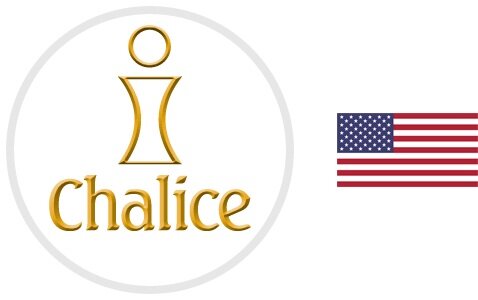SAMAR SCHOOL MEALS MAKE PAULINE EXCITED FOR CLASS
When Pauline first arrived at her elementary school, she did not have much energy. Her dad, Ronald, struggles to put enough food on the table for his four children. The family became especially food insecure during the pandemic lockdowns. Although the Samar sponsor site - located in Bulacan, Philippines - delivered food to their home, it never seemed to be enough.
"When face-to-face classes resumed last April," the Samar site staff tell us, Pauline "expressed so much excitement." This was because she always looks forward to the food she will have for lunch." She also looked forward to seeing her friends, because her house is on the far side of the neighborhood. Now, eight-year-old Pauline "is one of the best students in her class. She reads faster than the others."
The Samar sponsor site’s nutrition program serves 430 vulnerable elementary students. Last year, the program supported 348 Chalice-sponsored children and elders, their 1800 family members, and 86 non-sponsored community members.
At the school, the children eat lunch from Monday to Friday, and children with additional needs receive milk or supplementary food. Parents organize themselves and take turns cooking the meals in the school. The teachers assist in serving the kids. The Chalice family circles who run food production businesses, such as poultry, eggs, pigs, and vegetable gardens sell their produce to the program. The program pays the family circle businesses the going retail price, which keeps the program money with the Chalice families.
The staff works to increase parents' awareness of proper nutrition and empower the families to be self-sustaining through education, workshops, and backyard gardens. The school meals also have the positive impact of improving school attendance and academic performance, in addition to the improved health of the children and their families. Outside of school, the program also reaches children with disabilities and helps with their physical development, and ensures that elders in the community can access nutritious foods.
“I am thankful that Pauline is getting enough from the school feeding program," says Ronald. He has learned more about nutrition and is working even harder to provide enough for his growing children.

